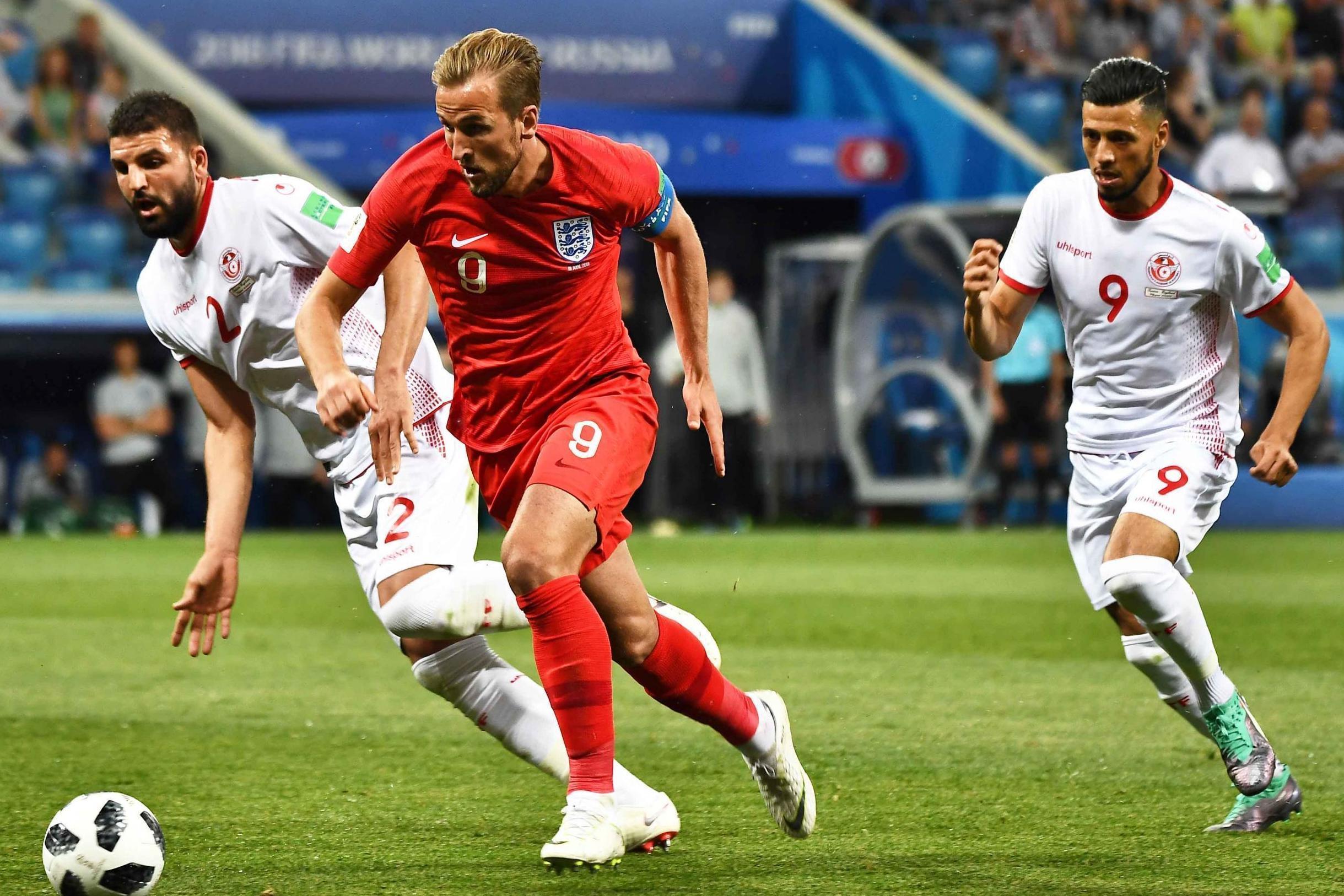World Cup 2018: Police prepare for surge in domestic violence around England matches
Research shows abuse increases when the England team plays a match

Police forces across the country are preparing for a rise in domestic violence surrounding England’s World Cup games.
Research into the link between domestic abuse and the football has shown that reports of domestic abuse increase when the England team win or lose a football match and that the instances increase with every World Cup tournament.
The National Centre for Domestic Violence, the National Police Chiefs' Council and the BBC have all conducted research into the correlation, but the largest research into the topic came from Lancaster University in 2013, which analysed domestic violence figures from the 2002, 2006, 2010 and 2014 World Cups.
The study, which focused only on Lancashire and was published in the Journal of Research in Crime and Delinquency, reported that that instances of domestic violence rose by 38 per cent when the England team lost a game and by 26 per cent when the team won or drew.
Domestic violence incidents were 11 per cent higher the day after England played, whatever the outcome, and were at its highest at a weekend or when the team exited the tournament.
In 2014, the average reported incidents had risen to 79.3 when England played a match, compared with 58.2 when they were not playing.
Study leader, Professor Stuart Kirby, tells The Independent that he engaged in the research after reading a study that showed a 10 per cent increase in partner violence after shock losses in American Football.
“There was a lot of anecdotal evidence that domestic abuse rose around high profile football games, however no study was done to see if this was accurate,” he says.
"The World Cup, as with other major sporting events, is often associated with an increase in incidents of domestic abuse because of factors such as increased alcohol consumption and an increase in tension," Specialist Crime Superintendent Anne-Marie Salwey said.

During the 2014 World Cup, the National Centre for Domestic Violence launched a campaign to encourage people to prevent domestic violence where possible, following a rise in reported abuse incidents after England lost 2-1 to Italy in the first game of the tournament.
Council leaders have this year been campaigning on social media against domestic violence, and police have increased the number of officers on duty who have domestic violence training. More will be on duty for the World Cup final on 15 June.
Many forces have joined the Give Domestic Abuse the Red Card campaign and Women’s Aid has been working with clubs and broadcasters as part of their campaign Football United Against Domestic Violence, which calls upon the footballing community to reduce sexism and raise awareness, by signing up to their club pledge.
Women’s Aid is keen to reduce sexist micro aggressions, which they believe contribute to a culture of misogyny.
“Since 2014, our Football United Against Domestic Violence campaign has worked with football clubs, the FA, the Premier League and BT Sport to stand together against domestic abuse and call out the sexist attitudes and behaviour that some fans still exhibit,” says Katie Ghose, Chief Executive of Women’s Aid.
“These damaging attitudes are rife in our society; football is no exception.”
The organisation is keen to press that football does not cause domestic violence and that it is the abusers alone who do so, but that, says Ghose, “the sexist attitudes, chants and behaviour at football matches encourage an environment in which women are belittled and demeaned.”
Simon Blackburn, Chair of the Local Government Association’s Safer and Stronger Communities Board added that, “while the vast majority of those watching football games are not in any way involved in domestic abuse, there is a small minority who will become more violent and put others at risk during this time.
“It is particularly important we tackle domestic abuse head on, because so many children and young people will be looking to footballers as role models, especially during the World Cup.”
"For those who refuse to address their behaviour our message is clear; we will not tolerate domestic abuse and will take action against anyone who uses physical or mental abuse to control, coerce or harm a member of their family.
"Football can never be the reason for domestic abuse and will be shown the red card," Superintendent Salwey added.
Join our commenting forum
Join thought-provoking conversations, follow other Independent readers and see their replies
Comments
Bookmark popover
Removed from bookmarks